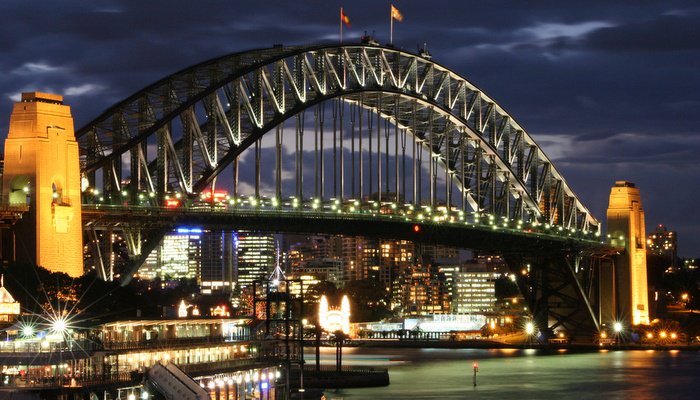Books: Enjoying horrific greatness

PHUKET: For many years on Anzac Day, memorial services for the prisoners of war (POWs) killed on the Death Railway in Kanchanaburi would be presided over by Colonel Edward “Weary” Dunlop, a heroic surgeon and camp commander. Richard Flanagan’s The Narrow Road to the Deep North (Alfred A. Knopf, New York, 2014, 334pp) is a highly fictionalized account of his life.
Winner of the 2014 Man Booker Prize, this is a hyper-realistic novel marred by failed rhetorical flourishes, but it still deserves to be called great.
The story is told in five sections, each highly individual in style. The first 43-page section jumps about wildly in time.
Dorrigo Evans is born in rustic poverty in Tasmania, but rises as a scholarship boy to become a surgeon in Melbourne, engaged to the daughter of a wealthy family. Then comes the war. The story skips 50 years forward to the present day: Evans in bed with the wife of a surgical colleague, musing on his celebrity as a war hero, known in the camps as “The Big Fella”.
“Dorrigo Evans hated virtue, hated virtue being admired, hated people who pretended he had
virtue or pretended to virtue themselves.”
His self-sacrifice and defiance of the Japanese had all been play-acting to buck up camp morale.
He returns again and again to the prison camp in the jungle, the horror that is just horror, “incomprehensible, incommunicable, unintelligible, undivinable, indescribable.”
Weak from starvation, riddled with tropical diseases, battered by beatings and overwork, the Australian POWs morph from the fit and the sick, to the sick and the dying.
In section two, Dorrigo Evans is in Adelaide, training for war, when he meets the great love of his life, Amy Mulvaney, the young wife of his Uncle Keith, who owns a beachside pub and hotel. Their obsession for each other is meticulously described, but sometimes the rhetoric turns overwrought, as when they make love for the first time: “Whatever had held them apart before, was now gone. If the earth spun it faltered, if the wind blew it waited. Hands found flesh; flesh, flesh.”
Their love sustains him throughout the early years of the war, until he receives news of her death in a hotel gas explosion. He will never love anyone else for the rest of his life, not his wife, not his children, not his many lovers.
The heart of the novel is the long third section, which takes place in a single day in the prison camp, centered on Sergeant Darky Gardiner, a crafty scrounger and thief. This is an Australian version of One Day in the Life of Ivan Denisovich.
The day will begin with his habitual optimism over the possession of a duck egg and will end with his savage beating and death by drowning in the camp latrine. The story shifts to Dorrigo Evan’s perspective as he makes his rounds of the reeking huts, and the makeshift surgical hut where his amputation of the stump of a gangrenous thigh fails and results in yet another death. Perspective also shifts to a sadistic Korean guard, the Goanna, and the camp commander, Major Tenji Nakamura, who is addicted to the amphetamine shabu and pressured by insane demands upon his prisoners. He repeatedly slaps Dorrigo Evans for his defiance of orders.
The aftermath of the war occupies a fourth section. The Goanna is hanged, Major Nakamura escapes punishment and raises a family in Japan with a devoted nurse. Dorrigo Evans becomes famous. However, his camp comrades are forever damaged. And of the Railway? “…it was all for nothing and of it nothing remained. People kept on longing for meaning and hope, but the annals of the past are a muddy story of chaos only.”
This is a grimly pessimistic tale. A final seemingly miraculous meeting on the Sydney Harbour Bridge is allowed to melt away in the lonely deaths that shortly conclude the novel. However, a reader will never forget the horror. The Narrow Road to the Deep North makes The Bridge Over the River Kwai look like a cartoon fairy tale.
— James Eckardt
Latest Thailand News
Follow The Thaiger on Google News:


























